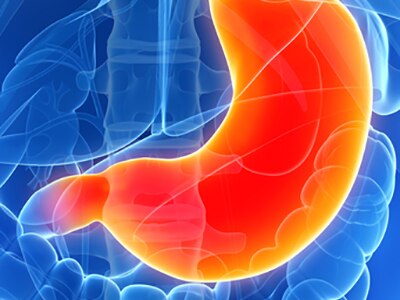Digestive Diseases
The digestive system made up of the gastrointestinal tract (GI), liver, pancreas, and gallbladder helps the body digest food. Digestion is important for breaking down food into nutrients, which your body uses for energy, growth, and cell repair.
Some digestive diseases and conditions are acute, lasting only a short time, while others are chronic, or long-lasting.

Infants & Children
Digestive Disease Topics
- Abdominal Adhesions
- Acid Reflux (GER & GERD) in Adults
- Acid Reflux (GER & GERD) in Infants
- Anatomic Problems of the Lower GI Tract
- Appendicitis
- Barrett's Esophagus
- Bowel Control Problems (Fecal Incontinence)
- Celiac Disease
- Colon Polyps
- Constipation
- Crohn's Disease
- Cyclic Vomiting Syndrome
- Diarrhea
- Diverticulosis & Diverticulitis
- Dumping Syndrome
- Exocrine Pancreatic Insufficiency (EPI)
- Food Poisoning
- Gallstones
- Gas
- Gastritis
- Gastroparesis
- GI Bleeding
- Hemorrhoids
- Hirschsprung Disease
- Indigestion (Dyspepsia)
Digestive Diseases for Health Professionals
Clinical Trials
Research Discoveries & News
- Switching to vegan or ketogenic diet rapidly impacts immune system
- The Complex Interplay of Diet and the Gut Microbiome Influences Human Health
- Uncovering Biological Links Between Stress and Inflammatory Bowel Disease Flare-Ups
- Expanded Study Diversity Uncovers New Genetic Risk Factors for Inflammatory Bowel Disease
- A Link Between Cellular Stress and Gut Inflammation
- Signals between nervous system and intestinal cells control protective mucus layer production in gut



 Watch a video of NIDDK Director Dr. Griffin P. Rodgers explaining the importance of participating in clinical trials
Watch a video of NIDDK Director Dr. Griffin P. Rodgers explaining the importance of participating in clinical trials